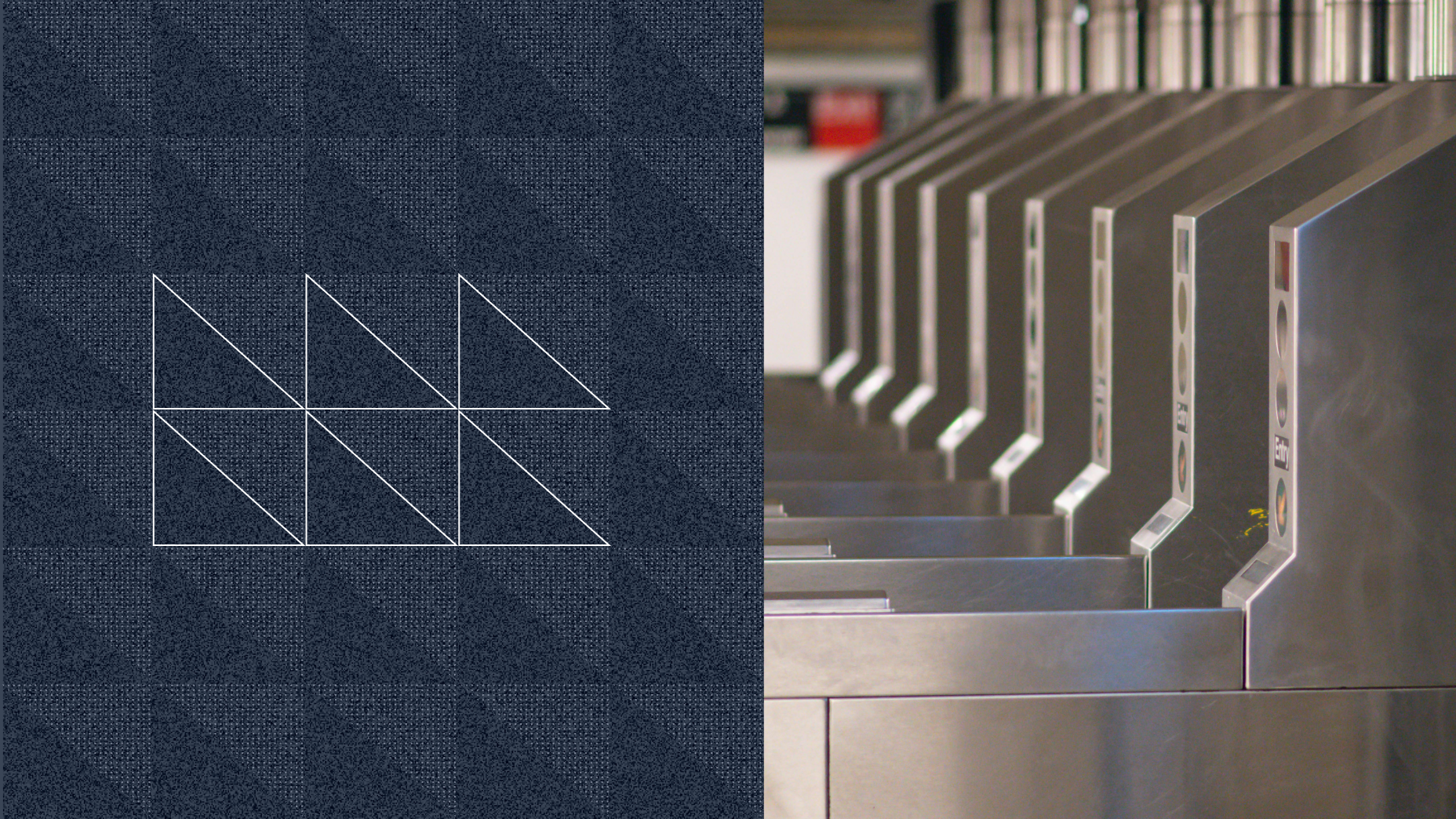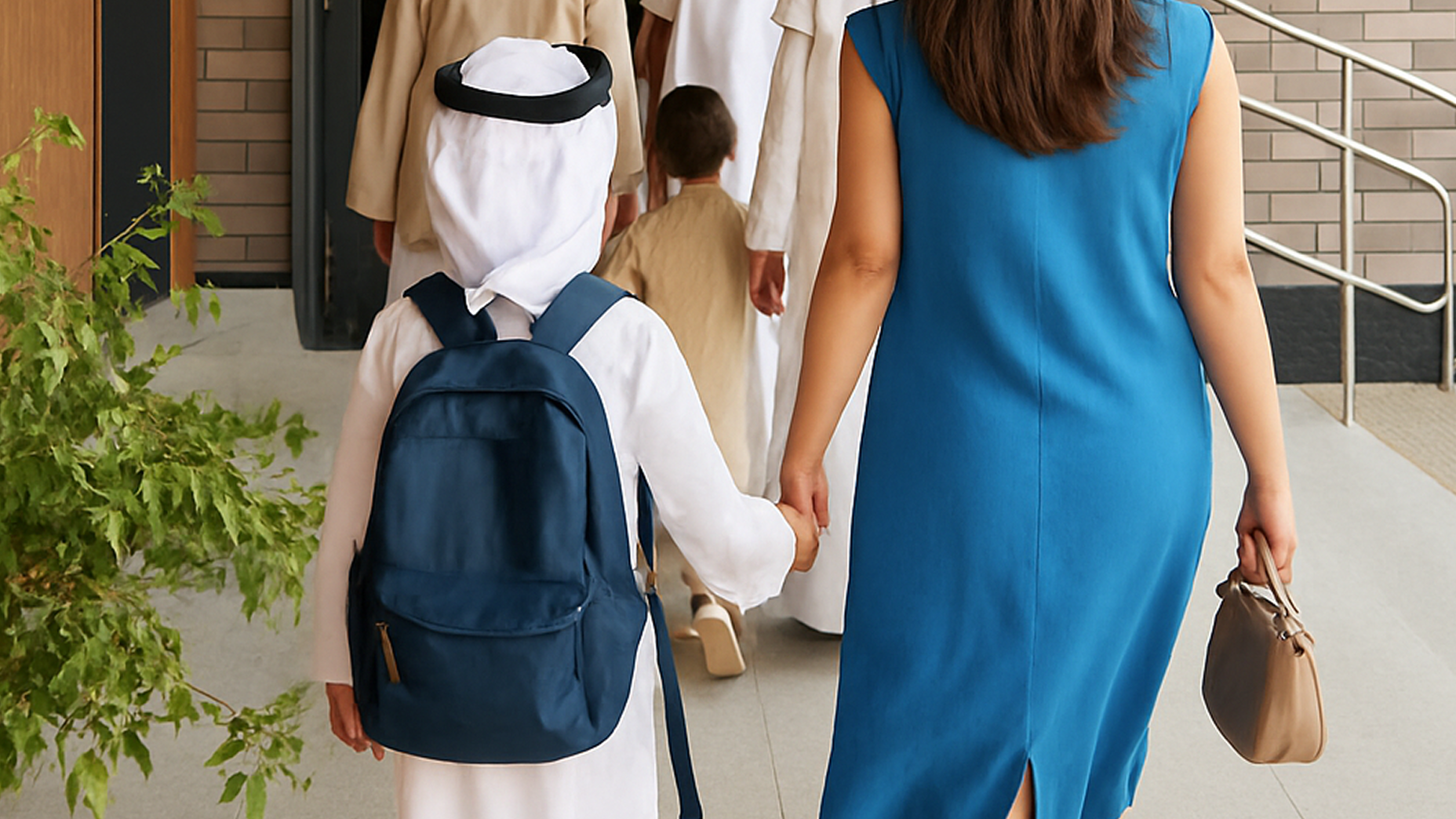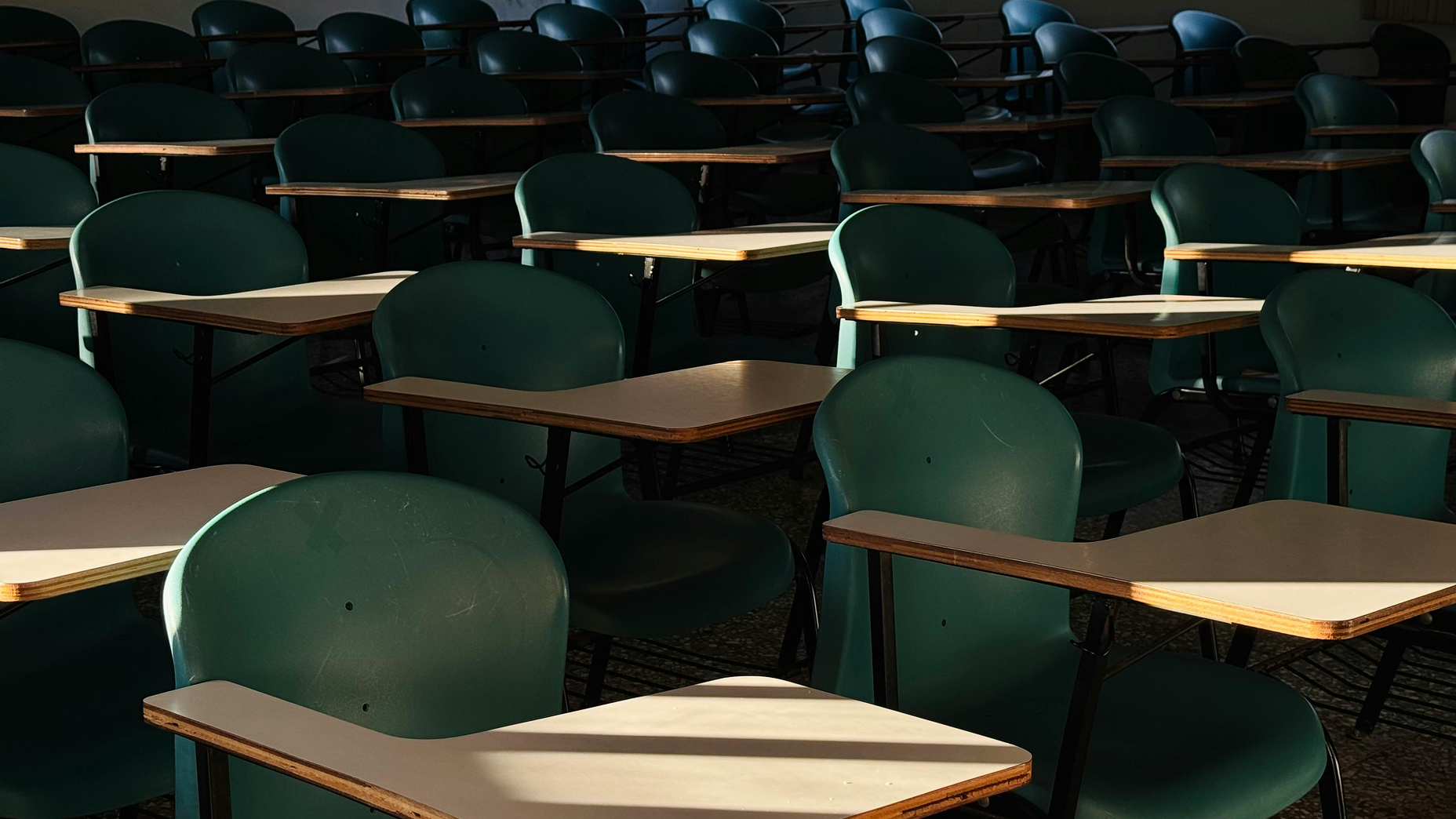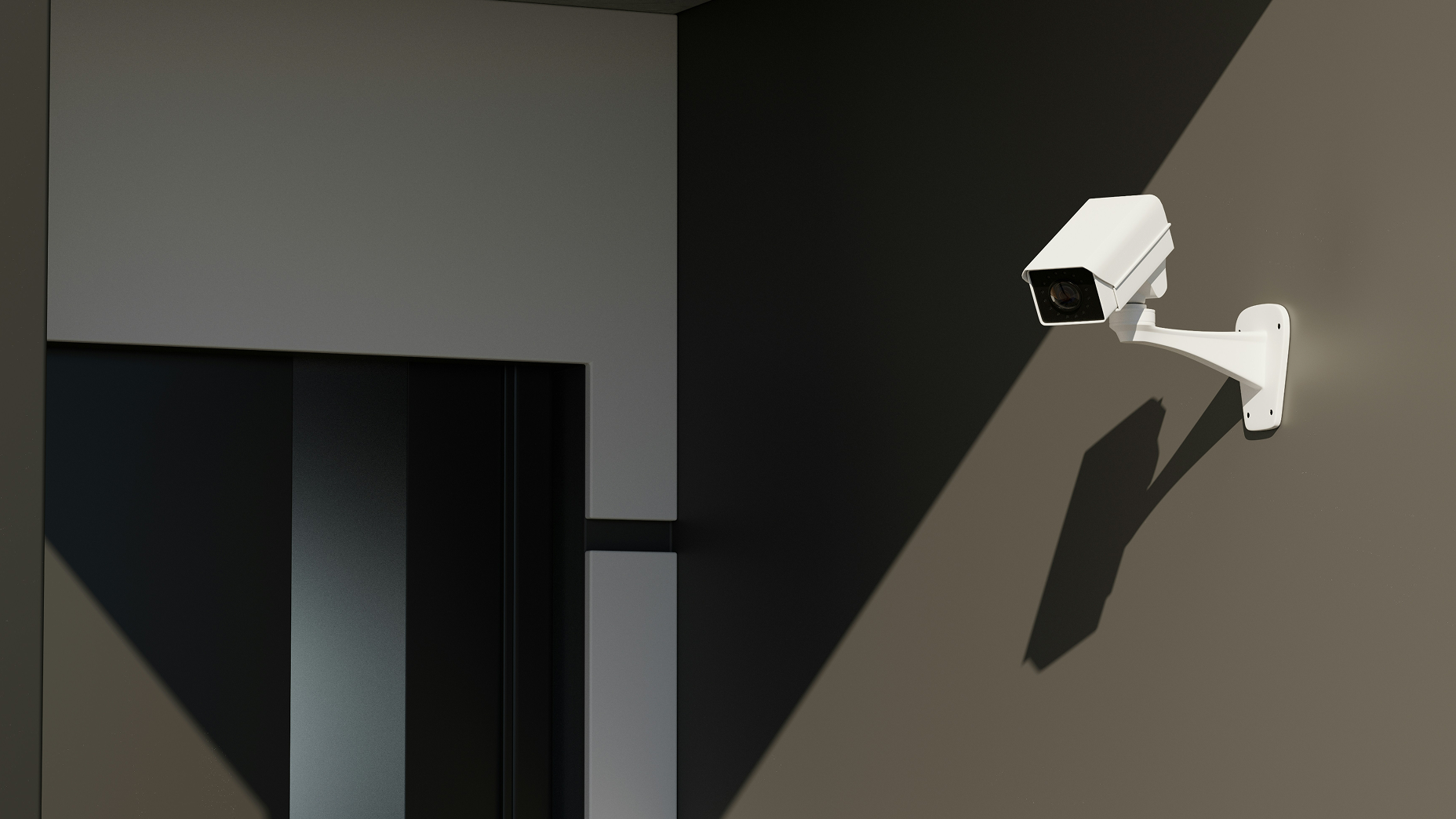In 2018, Kuwait’s Ministry of Education introduced enhanced CCTV requirements specifically for private schools and special education centers. These regulations were issued in response to growing concerns about student safety, particularly in sensitive educational settings.
While CCTV surveillance has been mandated in Kuwait under Law No. 61 of 2015, the Ministry of Education’s guidance builds upon that foundation with education-specific directives aimed at strengthening protection, monitoring, and accountability within academic environments.
If you operate or manage a school or center that falls within this scope, understanding how these two frameworks align—and differ—is key to ensuring full compliance.

Why the 2018 Education-Sector CCTV Policy Was Introduced
On March 8, 2018, the Ministry of Education—through the Assistant Undersecretary for Private and Qualitative Education, Dr. Abdulmohsen Al-Huwaila—issued a formal circular providing guidance on CCTV installations in:
- Private schools (local and international)
- Special education centers
- Institutions serving students with disabilities or learning needs
The goal was to improve visibility into daily school operations, provide clear evidence during any incident reviews, and reassure parents of a safe, transparent learning environment.
MoE 2018 vs. MoI Law 61/2015: A Comparative Overview
Here is a summary comparing the Ministry of Education’s 2018 guidance with the broader Ministry of Interior’s Law No. 61 of 2015, which governs surveillance for public and commercial premises:
This table helps clarify how the education-specific policy extends and complements the baseline surveillance standards set by the Ministry of Interior.
Key Requirements for Private and Special Education Facilities
Based on the MoE guidance, schools must install CCTV cameras in the following areas:
- All classrooms
- Corridors and hallways
- Courtyards and open activity zones
- Sports fields and pitches
- Entrances, exits, and administration areas
Surveillance must exclude bathrooms, changing rooms, and any space where privacy is expected.
The system must be capable of retaining footage for a minimum of six months, and footage must be securely stored and made available to authorized Ministry of Education officials if requested.
Implementation Considerations
Installing a compliant CCTV system in an educational setting requires more than technical expertise. It demands sensitivity to student privacy, adherence to Ministry guidance, and a long-term strategy for maintenance and data security.
At Aspire, we work closely with school administrators to:
- Design and deploy systems in line with MoE and MoI regulations, as well as international standards such as the IDRM model (Identify, Recognize, Detect, Monitor)
- Select cameras optimized for classrooms, corridors, courtyards, and sports facilities
- Implement secure, tamper-proof storage solutions with 180-day retention capability
- Configure access controls in compliance with Ministry of Education oversight protocols
- Provide inspection readiness support, technical documentation, and ongoing maintenance
Whether you’re upgrading an existing system or building from the ground up, Aspire ensures that your school’s CCTV infrastructure is compliant, reliable, and fit for purpose.
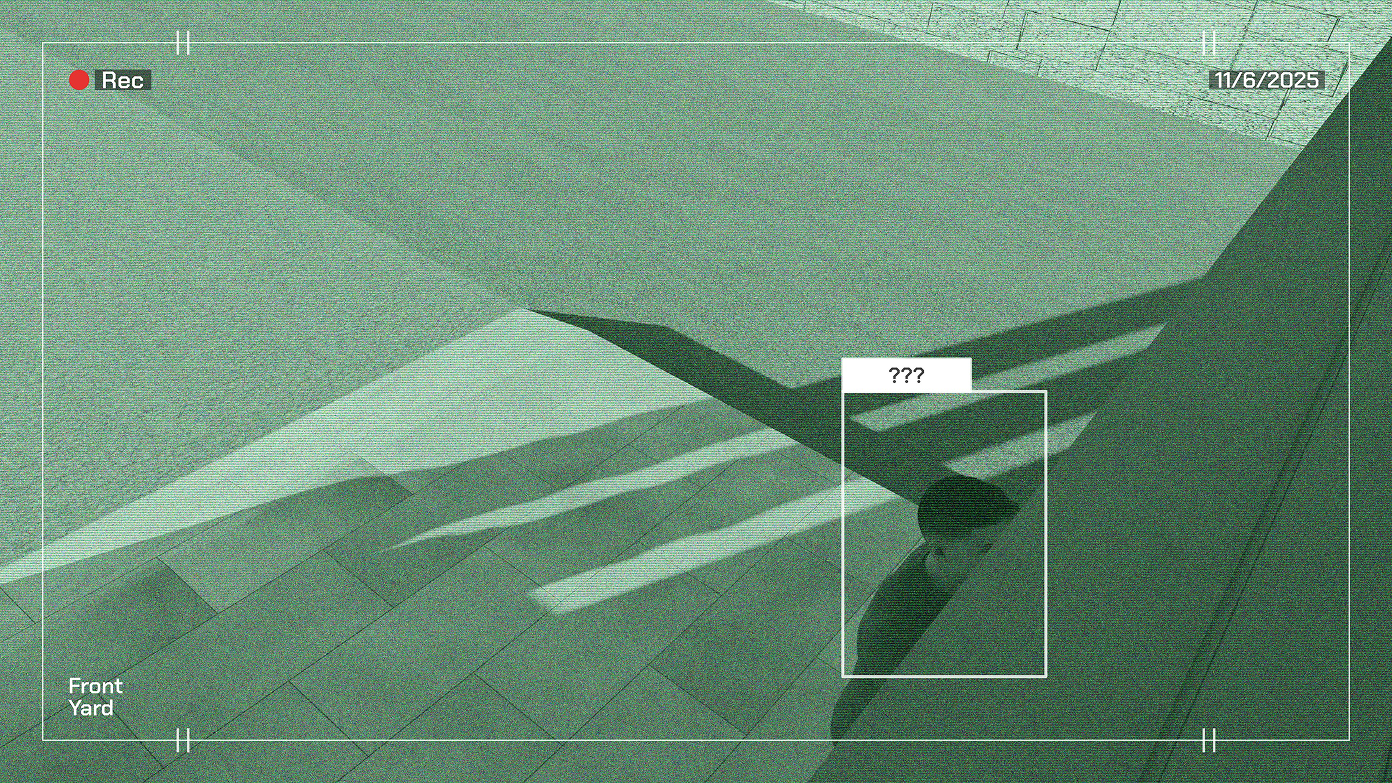
.png)
